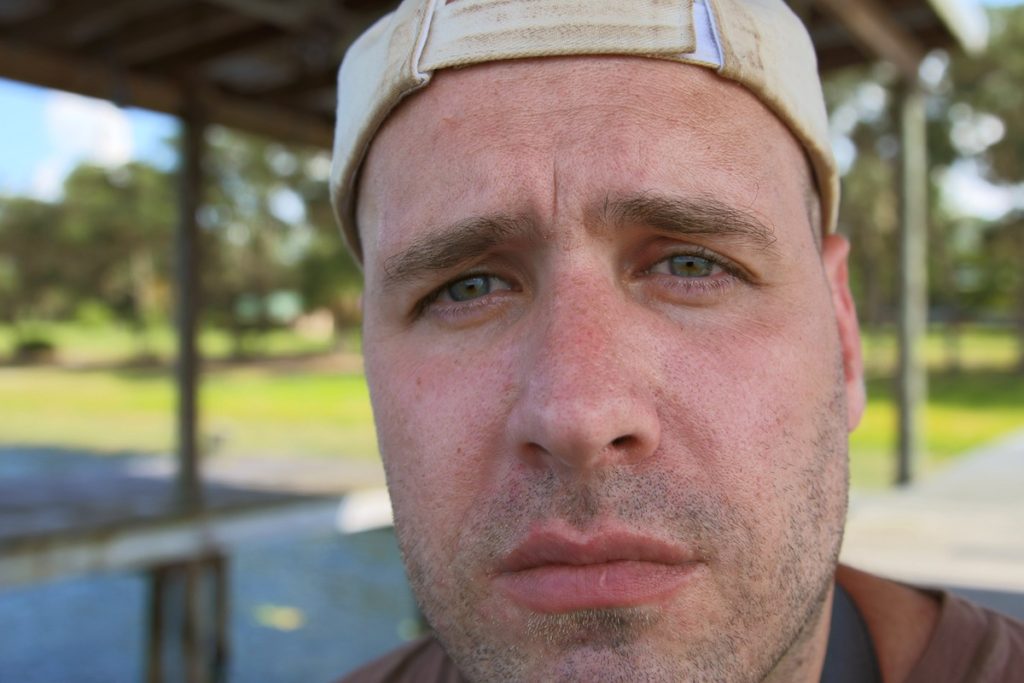Lorelie Rozzano is a guest blogger for Vertava Health.
What Your Addicted Loved One Needs You To Know.
Addiction doesn’t always look like the homeless person panhandling on the street corner. As a matter of fact, the street people are less than one percent of the addicted population. For the most part, addicted people have homes, families and jobs just like everyone else. They look like everyone else, too. That’s probably the most confusing part of all. Our loved ones don’t always look sick. In conversation, you think you’re talking to the person you love. The person they were before they became addicted. But what you don’t realize, it’s not them talking anymore. Their thoughts and behaviors aren’t their own. Who you’re really talking to is their disease. You’ve heard their excuses. You’ve heard their demands. You’ve heard their justifications and rationalizations. They’ve blamed you and threatened you. You’ve been lied to and manipulated. You’ve experienced broken promises. You’ve waited for them to come home. You’ve nursed them back to health. You’ve picked them up, over and over again, only to be pushed further away each time they relapse. You’ve listened to them. You know what they want… But did you know there’s a lot they’re not saying? They might not tell you this, at least not while they’re using, but your addicted loved one needs you.
They need you to look beyond their denial.
You tried to reason with them. You coddled them. You begged them to stop. You even bribed them, but nothing works. They’re still using and getting sicker each day. You can’t break through the gigantic wall of denial circling around their illness. Instead of pleading with them to hear a message they’re not capable of hearing, reach out for support. When talking doesn’t help, a group intervention is the next best step.
They need you to learn all you can about their disease.
The person you love can appear bad, unloving, weak and immoral. But they’re not any of those things. What they are – is sick. Very sick. Addiction is a progressive illness. It gets worse over time. Left untreated it can be terminal. When you understand addiction hijacks the area in their brain responsible for reasoning and impulse control, it’s easier to let go of anger and formulate a plan going forward. Knowledge boosts a family’s sense of hope. When you’re learning, you will feel more confident that the addiction can be both treated and conquered.
They need you to know that enabling them is aiding in their demise.
Are you easily manipulated? Do you give in out of guilt? If you’re doing for the addicted person, what they can and should be doing for themselves, they won’t get well. Substance users need help to stay sick. Their families are the first place they turn to get it. Enabling kills as many addicted persons as does drugs and alcohol. Learning how to help without enabling greatly improves your loved ones chance of a successful recovery.
They need you to stay close without getting sick.
Loving someone who struggles with addiction is difficult. You ride an intense roller-coaster of emotional highs and lows. The addict’s family experiences extreme distress. Mind and body are inextricably linked and the interaction between them can produce physical changes. Constant stress experienced over a prolonged period of time can lead to long-term problems for heart and blood vessels. This can increase the risk for hypertension, heart attack and stroke. Finding support with other people experiencing what you are, will lessen the physical impact on your mind and body and help you make sounder decisions going forward.
They need you to set boundaries.
How many times have you tried to help your addicted loved one only to have it backfire in your face? How many times have you said ‘this is the last time I’m going to help you’ only to find yourself helping again? Most people enable to avoid emotional discomforts such as fear, anxiety or guilt. Boundaries teach people how to treat you. Without boundaries, you are helpless to protect yourself. No addicted person or family member can recover without them. In the language of recovery, no means I love you.
They need you to make changes.
Loving an addicted person is exhausting. You’re putting all your time and energy into helping them, but what are you doing to take care of yourself? Practicing self-care is not selfish, it’s necessary. Make sure to take time out of your day, just for you. Connect with other people. Nurture other relationships. Go for a walk. Practice yoga. Spend time with friends. Don’t always talk about the addicted person. Your non-addicted family members need you too. Taking care of you sends a powerful message… ‘I practice what I preach.’
They need you to call the number below.
Addiction changes the chemical composition of the brain responsible for reasoning and impulse control. Which is why, without help, addicted persons can’t stop even if they want to. You may have heard addicted people must hit rock bottom and want to get help, for treatment to work. Don’t believe it. Addicted persons just need the right help and environment for recovery to occur. Intentions, prayer and wishing it were so, won’t change anything. For change to happen, action is required. Pick up the phone and call the number below. Ask questions. Ask for advice. Ask for support. The call is free. Make this the first step in your family’s journey towards health and happiness. If you or someone you know needs help, please call this confidential support line for assistance 844-470-0410.


